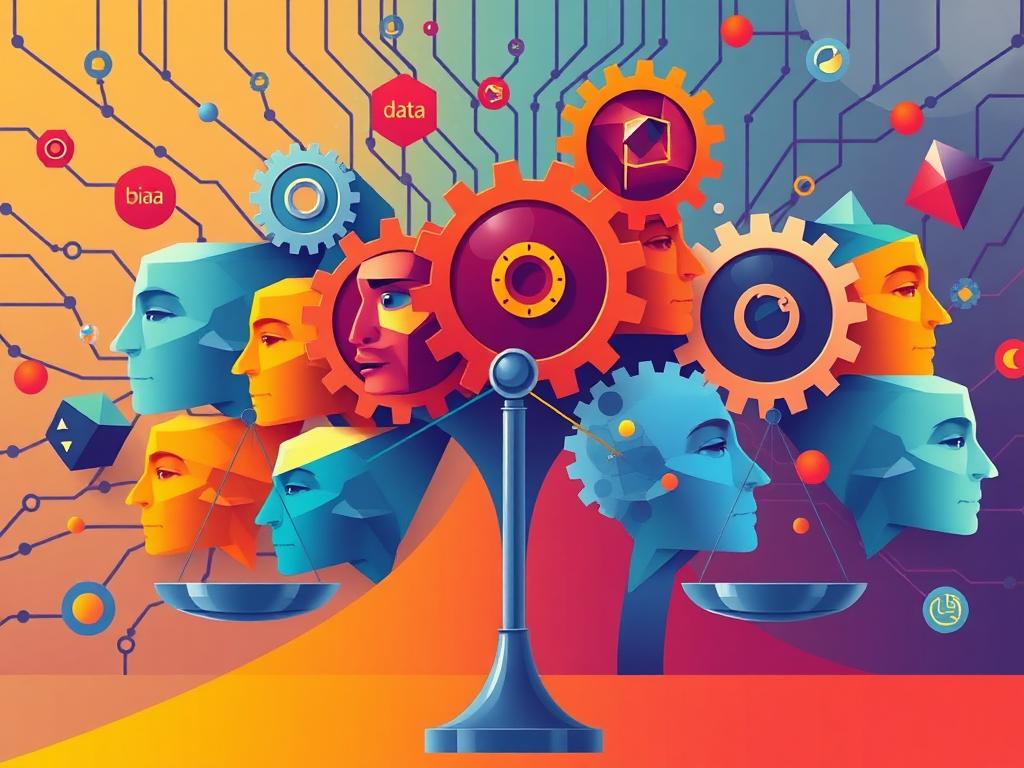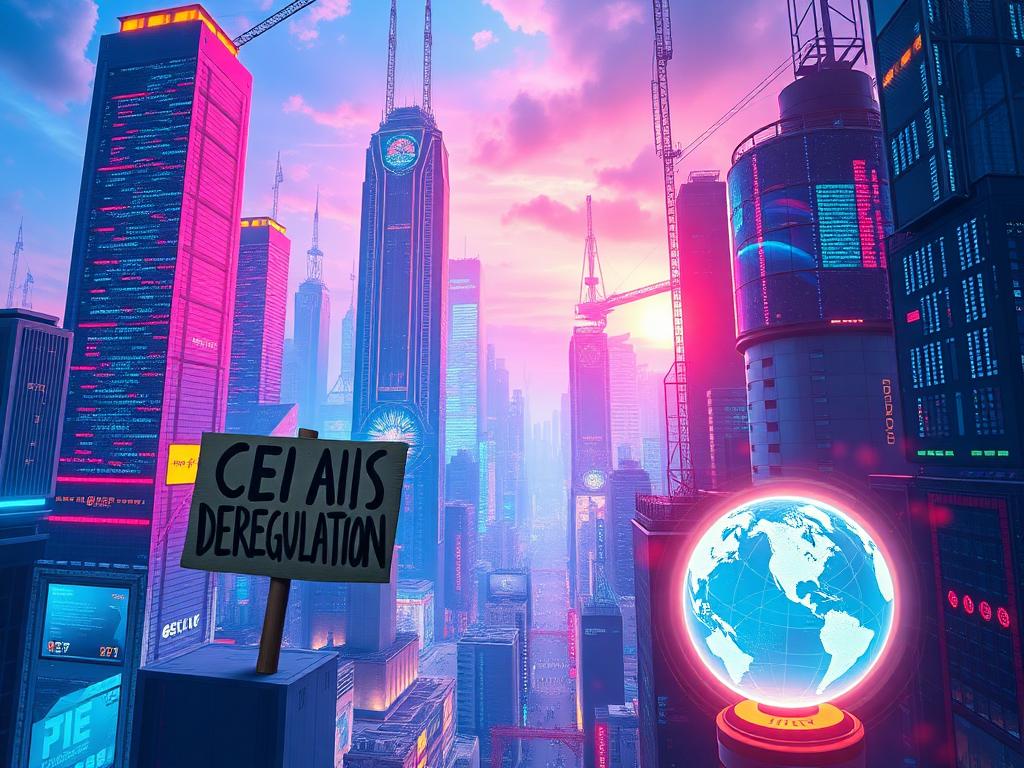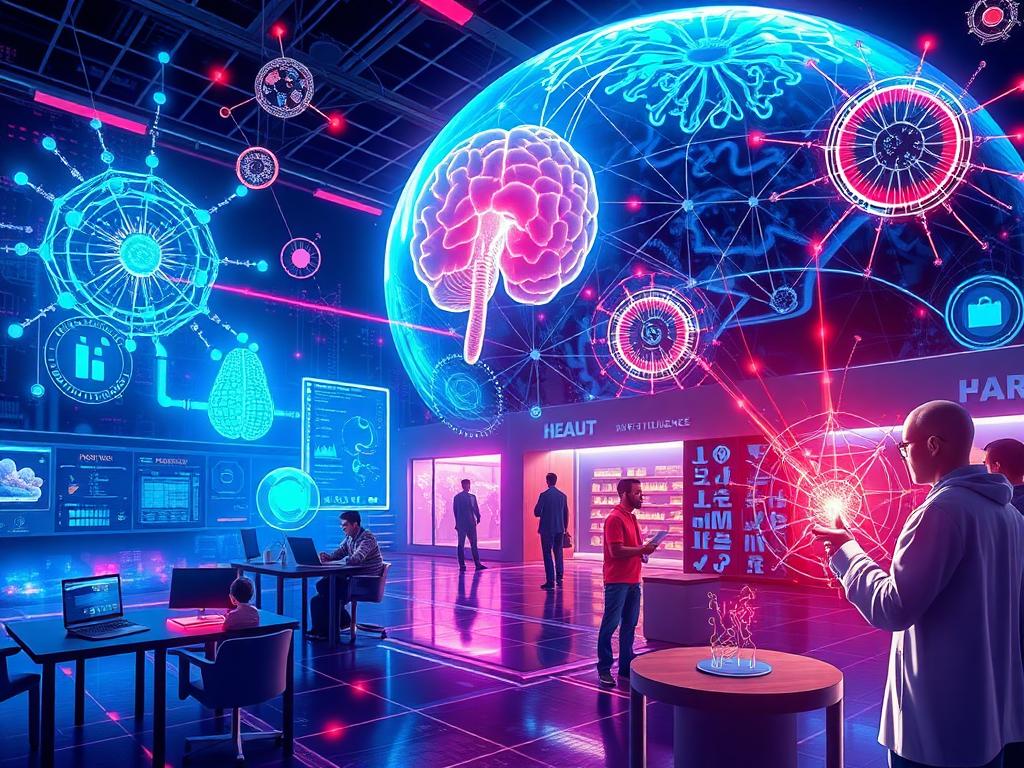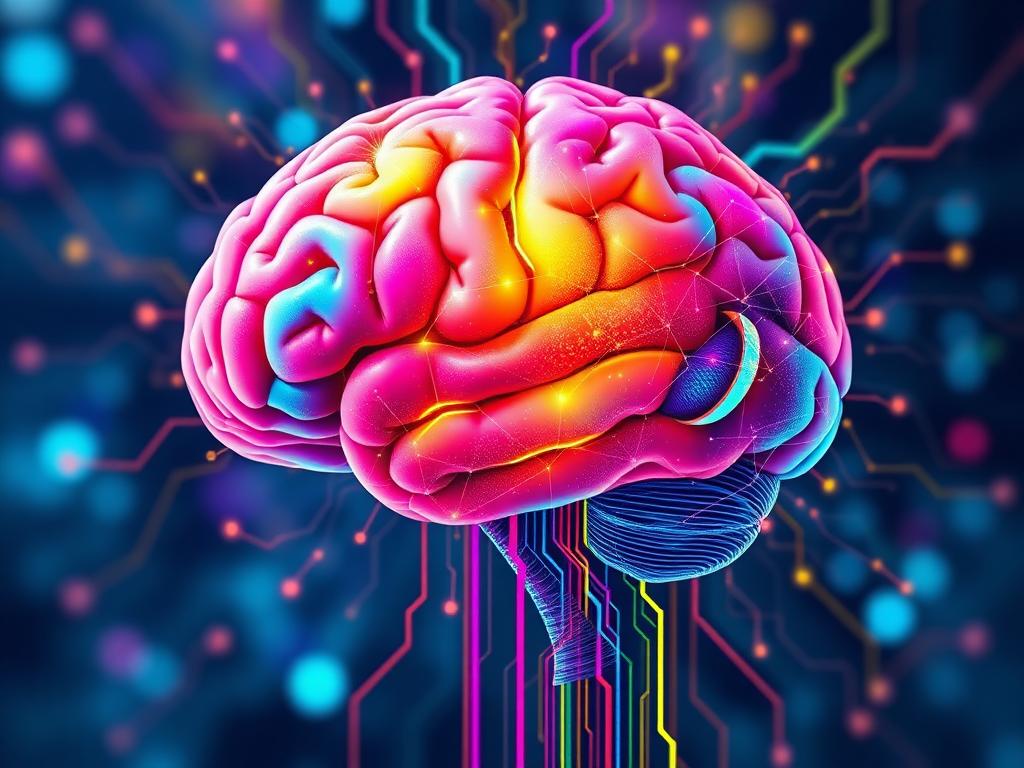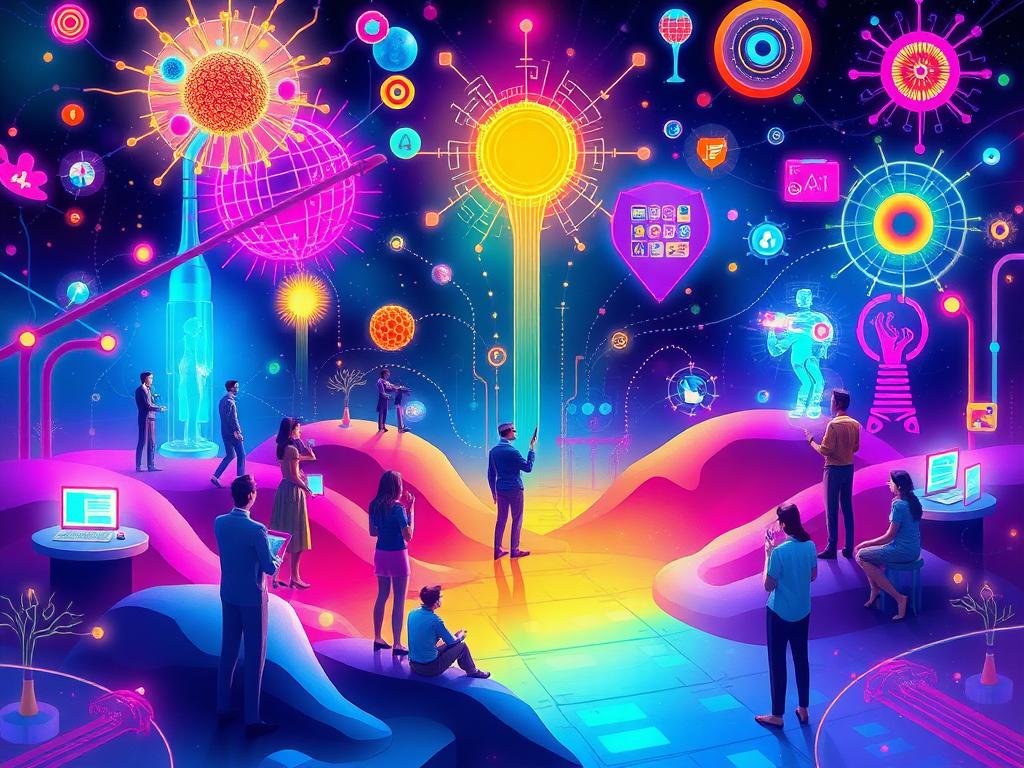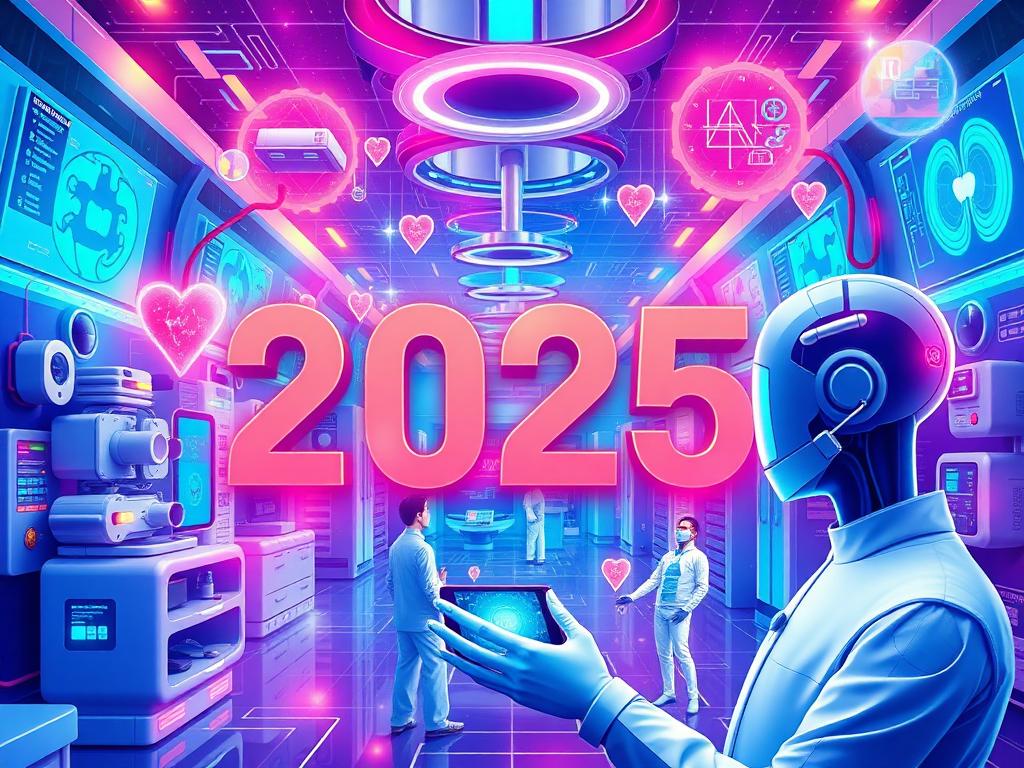
AI and Automation Transform Global Jobs
Discover how AI and automation are reshaping the global workforce, creating 170 million jobs while displacing 92 million roles by 2030. Learn about the trends, challenges, and opportunities in this transformative era.
The Impact of AI and Automation on Jobs
The rise of artificial intelligence (AI) and automation has sparked widespread concerns about job displacement. However, a new report by the World Economic Forum (WEF) reveals that these technologies may create more opportunities than they eliminate. By 2030, AI and automation are expected to generate 170 million new jobs globally, while displacing 92 million existing roles.
Industry-Wide Transformation
This transformation extends beyond the technology sector, impacting industries ranging from manufacturing to healthcare. The WEF's Future of Jobs Report 2025 indicates that 86% of businesses will be transformed by AI and automation by 2030. This data is based on a survey of 1,000 companies across 22 industries and 55 economies, representing over 14 million workers.
Digital Access as a Key Driver
Broadening digital access is identified as the most transformative trend, with 60% of employers expecting it to reshape their businesses by 2030. The adoption of new technologies is accelerating across all regions and sectors.
"As we enter 2025, the landscape of work continues to evolve at a rapid pace. Transformational breakthroughs, particularly in Generative AI, are reshaping industries and tasks across all sectors", says Saadia Zahidi, Managing Director at the WEF.
Gen AI Adoption and Investment
Investment in Generative AI has surged eightfold since OpenAI released ChatGPT in November 2022. While the technology sector leads in AI adoption, industries like construction lag behind. This disparity is partly due to the widespread use of Generative AI in advanced and middle-income economies, while low-income economies show limited implementation.
Robotics in Manufacturing
Robot installations are concentrated in five countries: China, Japan, the US, the Republic of Korea, and Germany, accounting for 80% of global deployments. Global robot density has doubled in the past seven years, reaching 162 units per 10,000 employees.
Key Findings:
- 86% of employers expect AI and information processing technologies to transform their businesses by 2030.
- 170 million new jobs will be created globally by 2030, while 92 million existing roles face displacement.
- Investment in Generative AI has increased eightfold since ChatGPT's launch.
- 39% of existing skill sets will become outdated between 2025-2030.
- 85% of employers plan to prioritise workforce upskilling.
- 63% of employers identify skills gaps as the primary barrier to business transformation.
The Upskilling Challenge
Judith Wiese, Chief People and Sustainability Officer at Siemens AG, highlights the urgent need for mass upskilling to keep pace with AI's evolution. She notes that by the time a five-year degree is completed, two years' worth of skills may already be outdated. The report supports this, finding that 39% of existing skill sets will become obsolete between 2025-2030.
Online learning platforms like Coursera are witnessing increased demand for Generative AI training. India and the US lead in enrolment, with individual learners focusing on foundational skills like prompt engineering, and corporate trainees emphasising practical workplace applications.
"Urgent upskilling is essential, as nearly 40% of the skills currently required on the job are set to change", Judith Wiese emphasises.
Future Growth Areas
Technology roles are growing the fastest, with demand for big data specialists, fintech engineers, and AI specialists. Green transition roles, such as autonomous vehicle specialists and renewable energy engineers, are also expanding. Frontline roles, including farmworkers, delivery drivers, and construction workers, are expected to grow as well.
Care economy jobs, such as nursing professionals and social workers, are also on the rise. Climate change mitigation ranks as the third most transformative trend, with 47% of employers expecting it to impact their businesses by 2030.
Socioeconomic Shifts
Demographic shifts continue to shape labour markets. Aging populations in high-income economies are increasing healthcare demand, while expanding working-age populations in lower-income economies are fuelling growth in the education sector.
"These technological advances are converging with a broader array of challenges, including economic volatility, geoeconomic realignments, environmental challenges, and evolving societal expectations", adds Saadia Zahidi.










